This issue covers:
- Cautious outlook for 2014 medical device market
- Big in Japan
- FDA warns over AEDs
- See Rigel at EBME
- NICE to see new medtech innovation briefings
Cautious outlook for 2014 medical device market
2014 is likely to be another year of fairly slow growth according to the forecast included in a new market report.
“We believe the outlook for 2014 is not much improved over 2013 – we expect low, single-digit growth overall,” said Cheryl Richer, director, corporate healthcare for Standard & Poor’s.
For example, Richer said certain device segments such as spine or drug eluting stents remain weak while segments such as endovascular, atrial fibrillation and neuromodulation are exhibiting stronger growth.
“Global companies have balanced out weak demand in developed markets for mature products with double-digit growth in emerging markets, and new product introductions that address new patient populations,” said Richer.
Pricing will continue to be under pressure in 2014, said Richer, partly due to continued global economic weakness and low employment in the USA slowing down demand. The start of greater access to health insurance through the Affordable Care Act may alleviate some of these effects.
While demand is down in the USA and in Europe, said Randy Vogenberg, PhD, principal of the Institute for Integrated Health Care, it’s stronger in Asia. According to RnR Market Research, China’s medical device market was valued at $20 billion in 2012 and will grow to $53.5 billion by 2020.
Vogenberg also expects 2014 will be an active year for mergers and acquisitions. “Big device companies in the U.S. are finding opportunities for partnerships with start-ups and established players both in the U.S. and worldwide,” said Vogenberg.
Big in Japan
The leading manufacturer of dialysis machines and related devices in Japan has specified the Rigel Medical 288 automated safety analyser to improve biomed electrical safety testing.
The move by Nikkiso Co Ltd, which has more than a 50% share of the Japanese dialysis machine market, has led to improvements in testing procedures as part of an in-service annual safety check programme for its machines installed at hospitals and healthcare facilities throughout the country.
The portability of the 288 is a benefit to Nikkiso’s team of over 100 technicians who are able to take advantage of a single solution to quickly and easily complete both earth bond and leakage testing on the dialysis machines. Rigel’s unique earthbond test circuit ensures accurate measurements at low currents which have resulted in a drastic reduction in size and weight of the Rigel 288.
This has led to improvements in the speed and ease of testing and ensures machines are correctly maintained and checked for electrical safety and performance accuracy.
Satoru Kawarabayashi, manager of marketing section at Nikkiso, said: “The 288 is an excellent instrument, providing a fast, cost effective reliable testing solution. The engineers, in particular, find it easy-to-use and appreciate the fact that it is compact enough to carry around with them.
“It incorporates a good range of features for a tester of its size, while the connectivity benefits are particularly impressive. The user-friendly screen, featuring a simple step-by-step test diagram, is also easy to understand and follow.”
FDA warns over AEDs
Some automated external defibrillator (AED) devices may be unable to deliver needed defibrillator shock in a cardiac emergency situation, the U.S. Food and Drug Administration has warned.
The FDAs safety communication includes recommendations to better inspect and monitor the readiness of these devices, as well as steps to follow if someone must use a recalled device in an emergency situation.
However, Steve Silverman, director of the Office of Compliance in the FDA’s Center for Devices and Radiological Health, said: “Despite current manufacturing and performance problems, the FDA considers the benefits of attempting to use an AED in a cardiac arrest emergency greater than the risk of not attempting to use the defibrillator.”
The FDA will continue to closely monitor all AED manufacturers’ quality system practices and manufacturing changes that have persistently contributed to recall and adverse events associated with AEDs.
In March 2013, the FDA issued a proposed order that if finalized would require manufacturers of AEDs and accessories to submit premarket approval applications that focus specifically on the critical requirements necessary to assure AEDs are safe and effective. The main objective of this proposed regulatory approach is to improve the reliability of AEDs so that they can continue to save lives.
More information at www.fda.gov.
See Rigel at EBME
Find out more about the Rigel Medical range of medical device testers, analysers and other advancements on stand C1 at the forthcoming EBME Associates 2014 seminar in Milton Keynes this May.
EBME aims to share knowledge and improve awareness - raising the profile of the medical devices sector and its commitment to service, quality and excellence - and will feature a combination of presentations and audience debates led by expert speakers, including a reveal of the latest innovations in medical devices.
The seminar is offered free of charge to delegates - details on our events page here.
NICE to see new medtech innovation briefings
The National Institute for Health and Care Excellence (NICE) is to develop Medtech Innovation Briefings to support healthcare staff considering using new medical devices and other medical technologies.
The briefings will be produced by the Medical Technologies Evaluation Programme at NICE, which already produces guidance on innovative medical devices and diagnostics.
However, the Medtech Innovation Briefings (MIBs) will not be NICE guidance. They differ in format, contain no judgment on the value of the technology and do not constitute a guidance recommendation.
They will provide a description of the medical technology and how it is used, including its potential role in the treatment pathway, the costs of using the technology and a critical review of the strengths and weaknesses of the relevant published evidence.
Professor Carole Longson, director of the NICE Health Technology Evaluation Centre, said: "We're delighted to be undertaking this new stream of work producing Medtech Innovation Briefings.
“We hope that they'll help clinicians, health managers and procurement professionals with their local decision-making, by providing objective information on device and diagnostic technologies.
“These briefings are not NICE guidance - they won't contain recommendations, nor will they say whether or not a technology should be used. That decision will be made by local health professionals.”
If you have queries contact NICE at medtech@nice.org.uk.
Do you use Rigel Medical equipment? - If you think you may have a story for future e-news bulletins, please let us know by contacting us here.
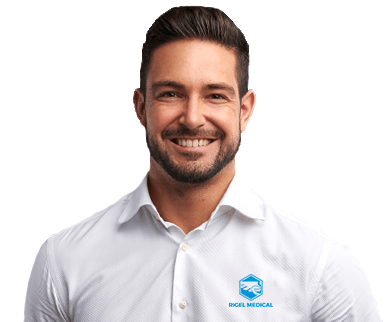


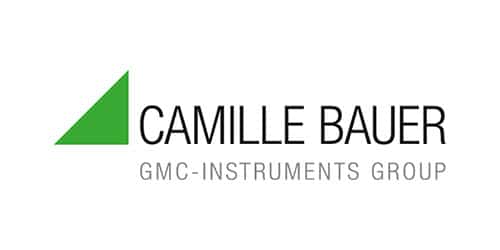
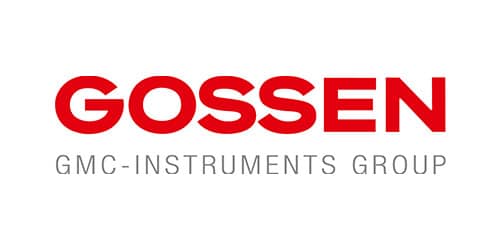
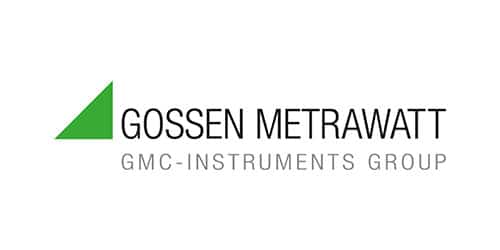
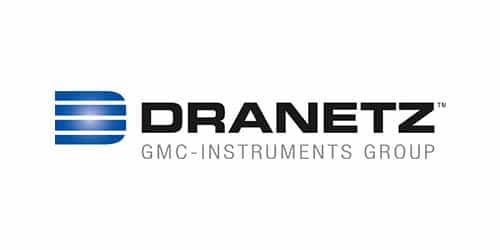
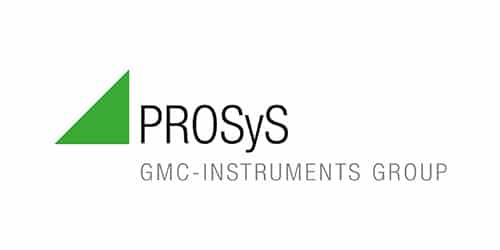
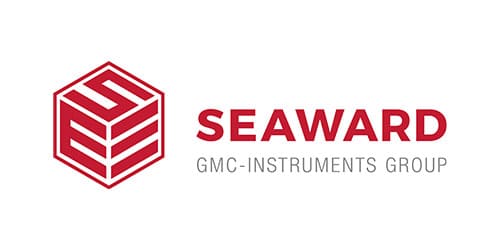
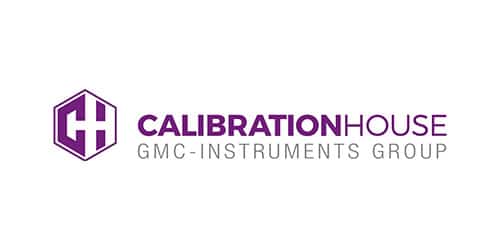
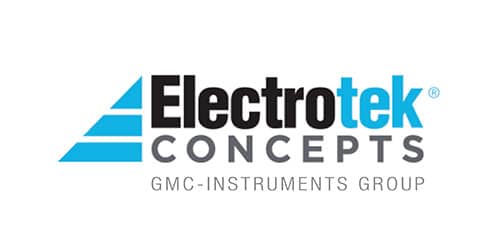
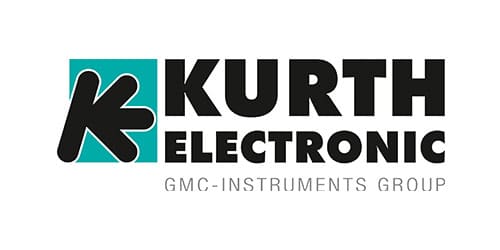
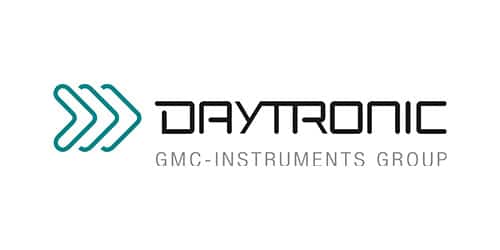
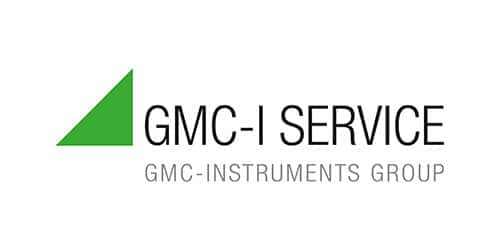
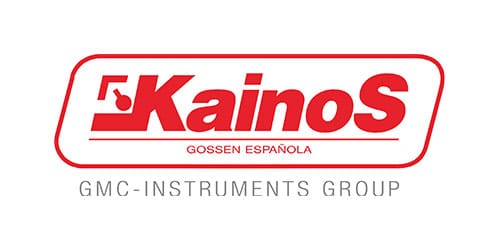
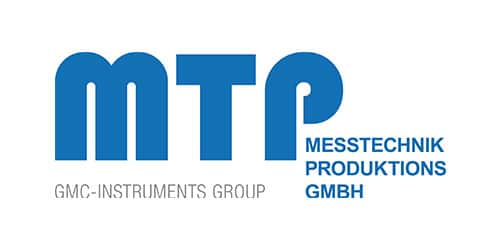
Sign up to our Newsletter.
Stay up to date with the latest industry and product news, as well as our free educational content such as webinars and our expert guides.
Close